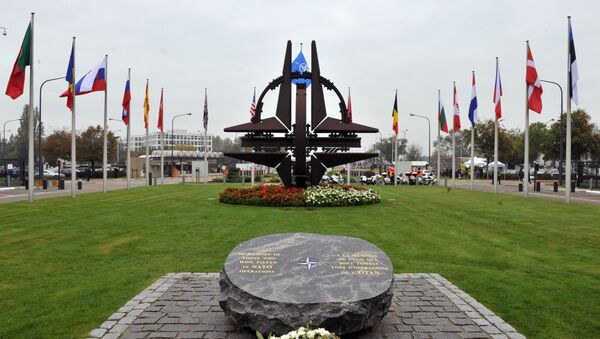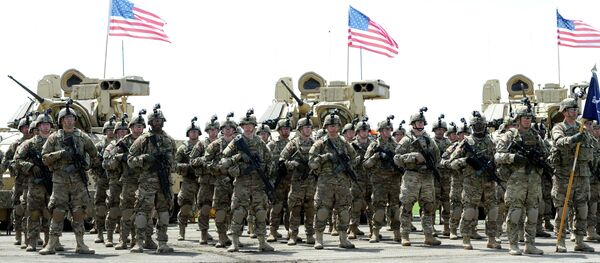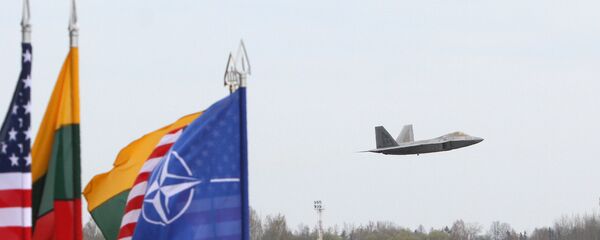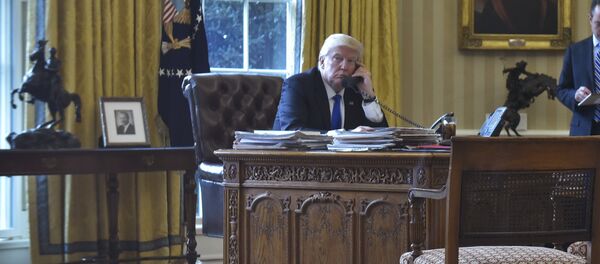He recalled that currently, only four European NATO member states stick to the alliance's benchmark of members spending 2 percent of their GDP on NATO's defense budget.
These include the United Kingdom ($60.3 billion), Poland ($9.3 billion), Greece ($4.5 billion) and Estonia ($479 million).
NATO Spending, in Two Charts: 2016 Edition https://t.co/9lByj9U6P2 pic.twitter.com/nJ6QYXMM3V
— Defense One (@DefenseOne) 27 января 2017 г.
The US, on the other hand, spends 3.61 percent of its GDP on defense, according to CNN, an estimated $650 billion. This is more than double what the other 27 NATO countries spent between them, even though their combined GDP tops that of the US.
"More than 20 European countries and Canada use real or alleged NATO security mechanisms for a purely symbolic price of 254.2 billion dollars," Khrolenko said.
According to him, NATO lost its defense capacity in the last century, turning into a 'US security service' which spreads its interests and powers worldwide, except within US territory."
"In this vein, Donald Trump's anti-European position reflects Americans' lack of confidence in Washington's ability to engage in constructive pro-European policy," he said.
He also mentioned the current nuclear parity between Russia and the United States, which indicates that a military conflict between the two countries cannot take place.
During the presidential race, Trump repeatedly said that Washington should decrease support of other NATO member states and only protect members of the alliance which "fulfill their obligations" to the United States.
"If Donald Trump believes that the EU and NATO do not deserve US financial support, it won't be so bad. But if he [endorses the] Eurosceptics' policy of dismantling the EU and NATO, Europe will face political upheavals in the future," Khrolenko said.
On the other hand, Trump has repeatedly stressed the necessity of developing friendly relations with Russia, which was once again underscored during his telephone conversation with Russian President Vladimir Putin on January 28.
Trump and Putin also expressed their willingness to work together to "develop and stabilize" US-Russia interaction and assured each other that their nations' citizens view the other's positively.
"If Trump's intentions [on Russia] turn into an action plan, NATO is bound to become the third wheel in chariot of history," Khrolenko concluded.





